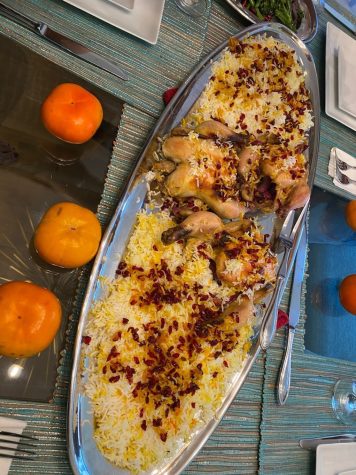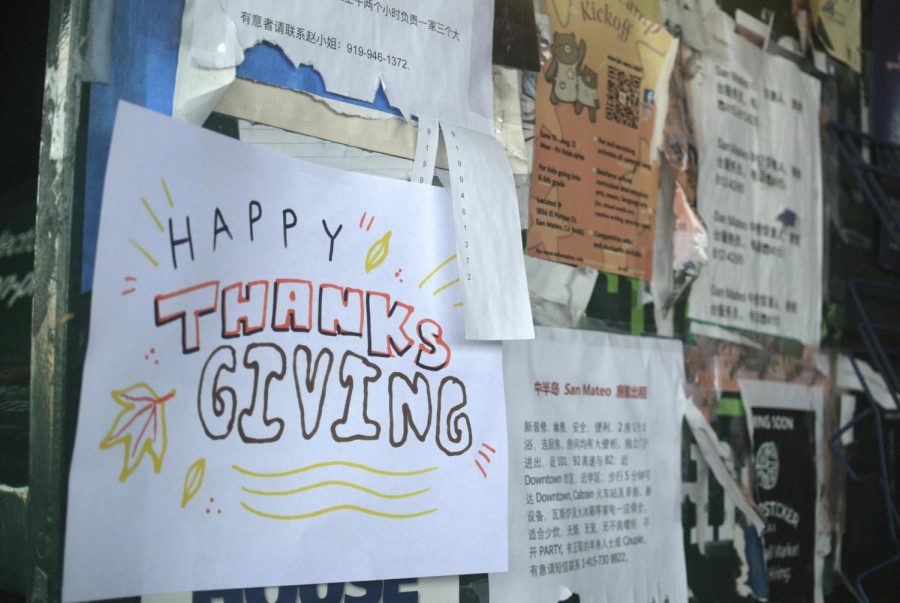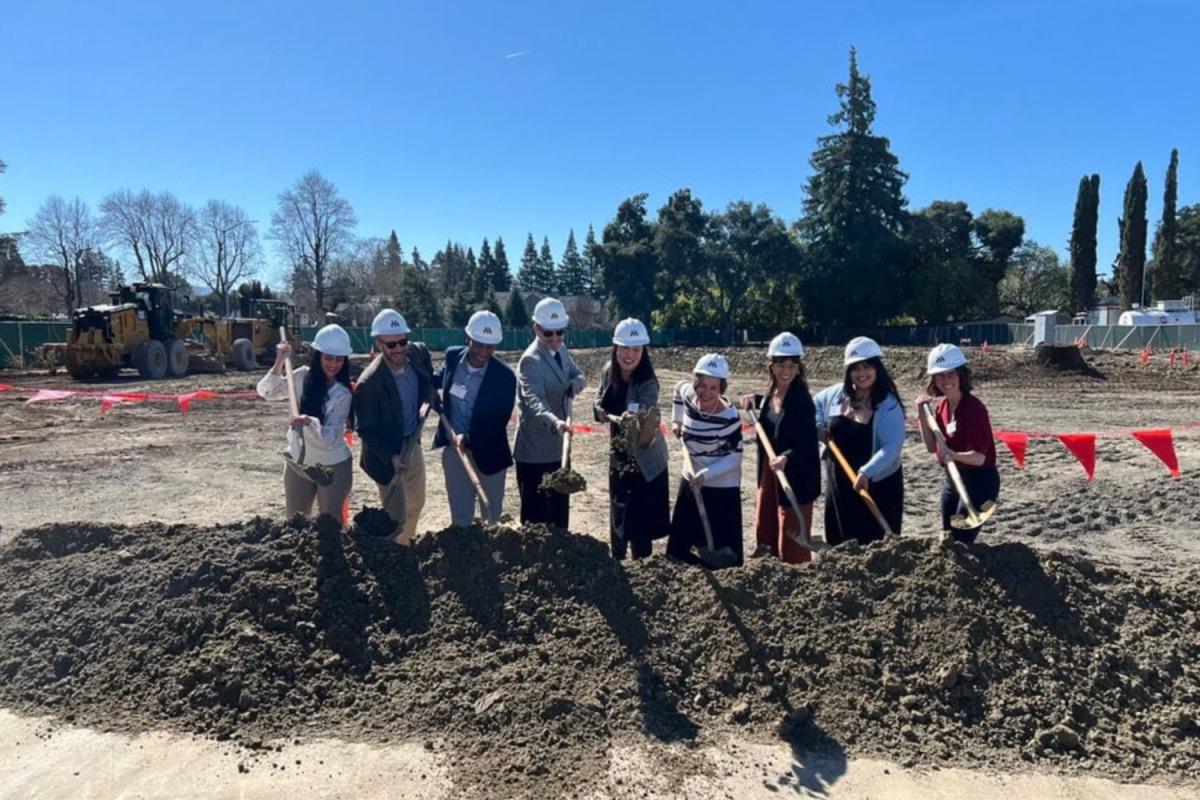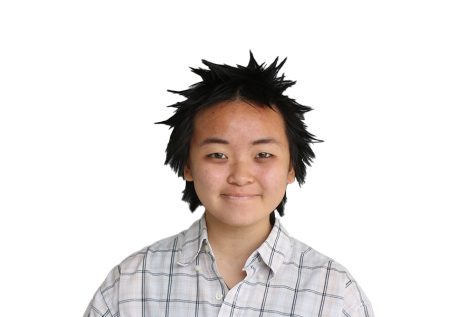On Nov. 24 students across the United States celebrated Thanksgiving. It’s a time to celebrate harvest, family, and things you’re grateful for. However, this holiday is not celebrated the same by all Americans, notably immigrants. While the values of Thanksgiving resonate with numerous families, many choose to celebrate holidays that are more culturally personal.
“We didn’t celebrate Thanksgiving when we lived in Russia because it’s not a thing there, so we just don’t make a big deal of it here. We’ll have dinner that’s a bit fancier than normal, but I wouldn’t call it celebrating,” sophomore Keith Stepura said.
Stepura and their family immigrated to America in 2012. Besides Thanksgiving, they celebrate Russian Christmas at the start of January. Christmas in Russia is typically observed on Jan. 7. The Russian Orthodox Church uses the old ‘Julian’ calendar for religious celebration days which is why its date may be puzzling to some.
“It’s not much different from typical new year celebrations, but traditionally it’s supposed to come after a period of fasting. Most people don’t do that now though,” Stepura said.
Stepura is one of the 47.9 million foreign-born people living in America as of September 2022 according to the Census Bureau’s monthly Current Population Survey. Whether or not immigrants celebrate Thanksgiving isn’t clear.
Some families pick up the traditions quickly, as learned from teachers and neighbors. However, many American immigrants may choose to either not celebrate, or indulge in the festivities of their home’s harvest festival.
“Many immigrants have a version of a harvest festival in their home countries, such as in China they have the mid-autumn festival also called the moon festival, and in Korea, it’s called Chuseok which is one of the biggest holidays of the year,” Ruth Wei said.
In 1976 Wei immigrated to America from South Korea, and her family quickly picked up Thanksgiving traditions. Today, her family celebrates both Thanksgiving and Chuseok, by eating mandu and soup for lunch, and mashed potatoes for dinner.
Locally, Chuseok celebrations were organized during September. The 4th Annual Bay Area Chuseok Festival was held in Presidio Main Parade Laws in San Francisco. The festival highlighted performances such as Korean drumming, fan dancing, and K-Pop dancers.
Elements of cultural differences in Thanksgiving family customs include one of the main themes heavily attributed to it; food.
“For Thanksgiving at my mom’s house, I ate mashed potatoes, yams, and then what we call in Persian, Zereshk Polo. It’s rice, barberries, saffron, and chicken because my mom doesn’t like turkey,” junior Nika Wupperman said.
Ironically, Wupperman said that her mom took them Christmas tree shopping on Thanksgiving. Thanksgiving means different things to different people. For those like Wupperman, Thanksgiving is the time to eat your favorite Persian meal and look forward to the upcoming holiday.

Senior Lotus Tang said that her family celebrates “Chinese Thanksgiving.”
“I made a roasted chicken with garlic roasted potatoes and honey Dijon mustard brussels sprouts with bacon,” Tang said.
Similar to Wei, Tang has developed the yearly tradition of celebrating their own version of a harvest festival. Harvest is a universal theme, seen in all aspects of history, which explains why many cultures have developed their own unique traditions.
“I celebrate Chinese new year like everyone else by eating moon cakes,” Tang said.
Tang is a representation of how many Chinese Americans celebrate Thanksgiving, more specifically immigrants. The observance of other “foreign” harvest celebrations is more common than you would expect.
“Many families may have grown up celebrating their home country holidays and may continue to do so when they come to the US,” Wei said.












